‘Still angry’: As Malaysians lose faith in politics, will new faces offer hope?
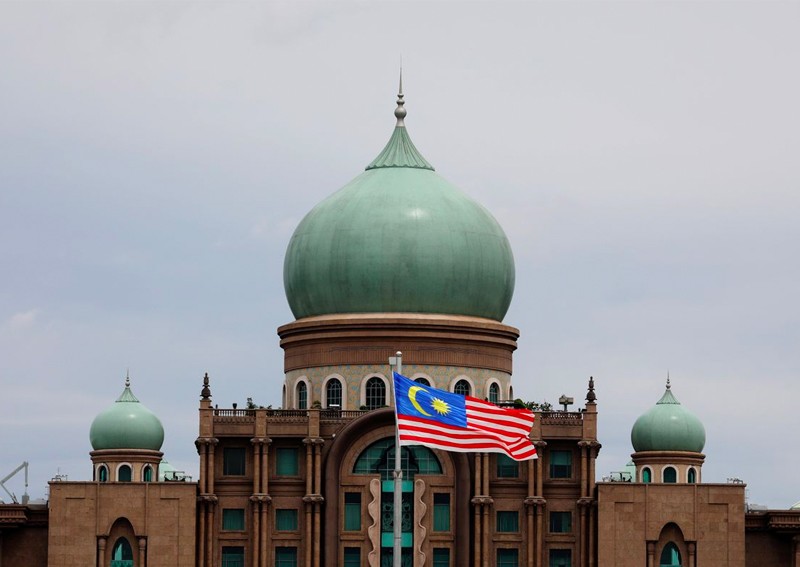
At a Kuala Lumpur tea stall, Kamal, a civil servant in his mid-40s, said his vote this time would be driven by “disgust” over the politicking and infighting that has riddled Malaysia since its last election in 2018.
The Pakatan Harapan (PH) government collapsed less than two years into a five-year mandate given by that election victory, which had unseated the powerful Umno-led Barisan Nasional (BN) coalition after 60 years and left ousted leader Najib Razak vulnerable to charges of corruption and cronyism.
The PH administration was torpedoed by a coup hatched in a luxury hotel – dubbed the “Sheraton Move” – by Umno and their allies, who then formed their own government without a single vote being cast for them.
As PH-led state governments in Sabah, Melaka, and Johor also fell due to backroom political machinations, the public grew disillusioned with politicians.
“Since then, whenever there’s something that didn’t suit them, they’ll cause trouble and topple the government and set up a new one to their liking,” said Kamal, whose vote will be cast in the staunchly Malay conservative seat of Kuala Kangsar – a long-time bastion of Umno.
The last two years have been the most turbulent in Malaysian politics in recent history, with the rise and fall of three prime ministers and an economy only just recovering from the pandemic.
Many voters say they do not wish to see a return of Umno to its pre-2018 strength, but diverge on how to avoid that outcome. Some are putting their faith in a rebound by the PH coalition, while others are looking to fresh faces, having lost confidence in the ageing cast of politicians who dominate Malaysia’s politics.
Political parties eyeing votes in the election called for Nov 19 have recognised the need to mollify public anger at their recent conduct, which has left many Malaysians distrustful of their leaders and questioning the narrow self-interest of politicians – and the messy, movable coalitions they put in place.
“Millions of people voted for change and saw it all disappear,” said Kevin Tee, a Penang resident, referencing the downfall of Najib and the Barisan Nasional stranglehold on Malaysian power. “I don’t know if they can already forgive, but I am still angry. I want what I already had in 2018.”
The timing of the poll, at the peak of the country’s monsoon season, is already a point of contention, with many accusing the BN coalition of putting political expediency ahead of ensuring a large voter turnout.
With its former leader Najib behind bars for his corruption crimes in the 1MDB scandal, some analysts suspect Umno president Ahmad Zahid Hamidi is trying to secure a quick election win to avoid jail time over his own graft charge – an accusation he vehemently denies.
‘Backdoor robbery’
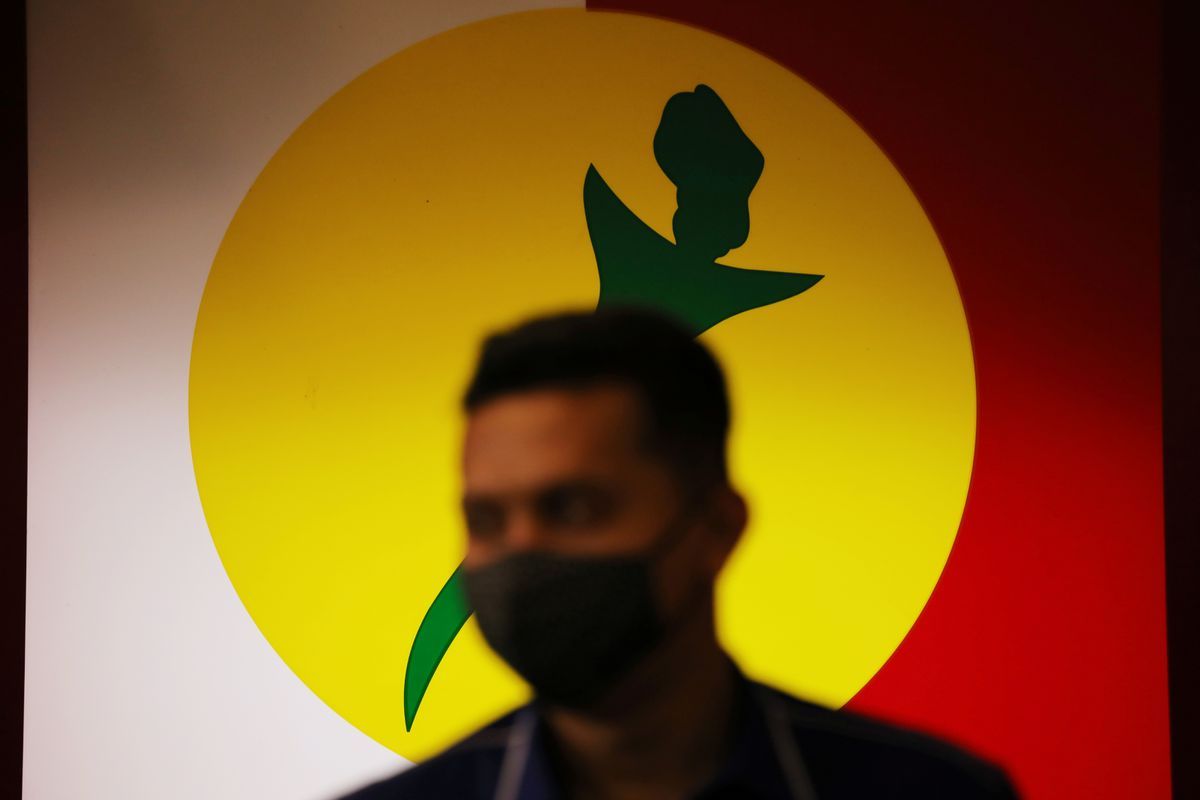
Prime Minister Ismail Sabri Yaakob – who is number three in Umno and took over from Muhyiddin Yassin just over a year ago – is hoping this election will finally give the party a popular mandate and allow it to shed the tag of “a backdoor government”.
But the expectations of voters have fallen so low that even moves to limit post-election horse-trading that have bogged down previous coalitions – such as the Anti-Party Hopping Law – have done little to dispel their cynicism towards politicians.
“I learned that no matter who comes in power, politicians will continue to play their political games and act selfishly instead of serving people,” said Raj, a Malaysian living and working in Singapore, saying “backdoor robbery” wasted his vote in 2018.
A similar sentiment was shared by Azizah, a Pakatan Harapan voter who is angry at how politicians undid the result of the election.
“We made our decision and yet again we are back at square one,” she said, calling the whole episode “injustice”.
The merry-go-round of Malaysian governments is building anger and anxiety among a public juggling immediate concerns over healthcare, jobs and the rising cost of living.
“When people are emotional, they tend to think and react irrationally and more impulsively,” said Arman I, a psychologist in Kuala Lumpur.
He warned that the political squabbling risked alienating the public to such an extent that an “anything will do” mentality may become entrenched.
Farah, a former employee at the Land Public Transport Commission, has already reached that end point.
For her it is a “lose-lose” election in which she cannot approve of Zahid Hamidi and Umno, yet “still holds a grudge” against PH’s Mahathir Mohamad and Transport Minister Anthony Loke for dissolving the commission, abruptly ending her projects and resulting in many of her colleagues losing their jobs.
A brainchild of ex-prime minister Najib whose administration invested in public transport, the surprise closure of the commission led many like Farah to believe that it was targeted at a Najib legacy project in a country where bitter rivalries continue to shape policy.
“Their actions left a lot of my friends and their families still insecure about their careers, and the public transport industry left in shambles,” she said.
Long memories
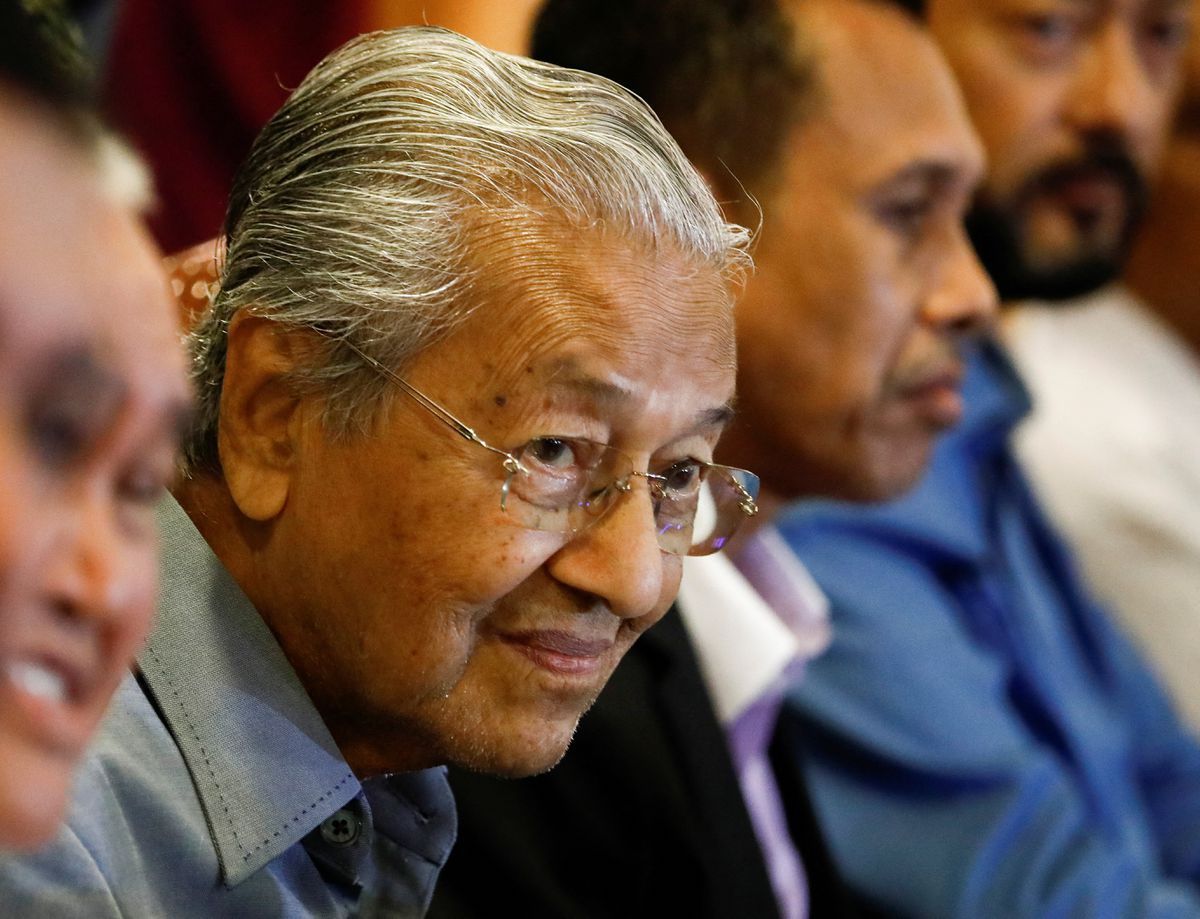
For many older voters, history looms over every Malaysian poll, with race riots and instability of the 1960s casting long shadows and strengthening political allegiances over the generations.
Taufed Selamat, a car mechanic in his 50s in east Kuala Lumpur, said there was no way for people to accept PH as long as the Chinese-dominated Democratic Action Party (DAP) was included in any coalition.
While multicultural, the DAP has long been seen as a staunch Chinese party and a bogeyman in Malaysian politics, and has been blamed for triggering the 1969 racial riots between the Malay and Chinese community.
“Cannot, absolutely cannot … we cannot forget what happened in the past,” said Taufed, who will be voting in his home state of Johor.
Instead, he is pinning his hope on a new movement by Mahathir Mohamad that brings together his Malay nationalist party Pejuang and other Malay organisations under the banner of “Gerakan Tanah Air”, or Homeland Movement.
It is seeking to provide another option for Malay voters like Taufed.
Meanwhile, many first-time voters like Syamim, 19, are expected to turn to Muda, a youth-centric party headed by 29-year-old rising political star Syed Saddiq who represents a break from the country’s ageing political elite.
“So far they are the only party that I see helping people, and thinking of solutions instead of just politicking,” said Syamim, who is one of the 800,000 people following Syed Saddiq’s political updates on TikTok.
While entrenched political allegiances remain a hard habit to break, voters like James from Sarawak are also hopeful a stable government can emerge from Malaysia’s latest exercise in democracy.
“I hope Malaysians will come out and vote,” he said. “Yes, we are tired, but let’s not forget that our vote matters and we have the power to decide our future.”






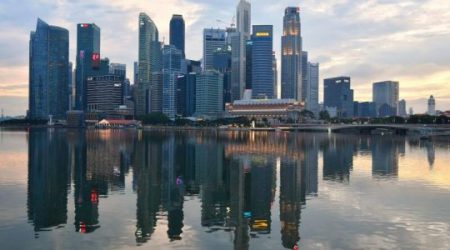

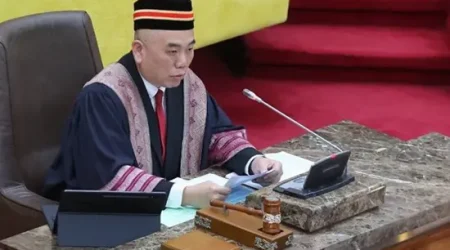

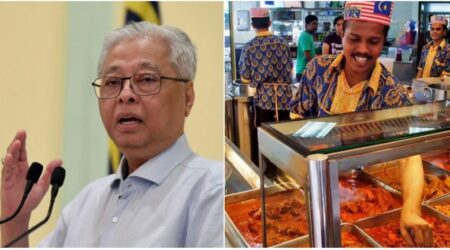

Leave a Reply